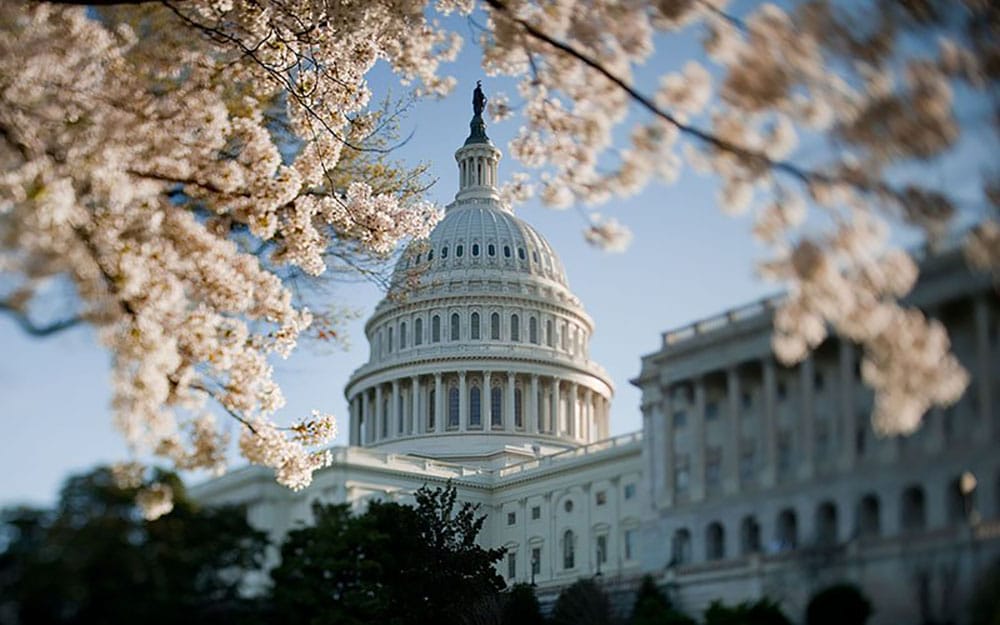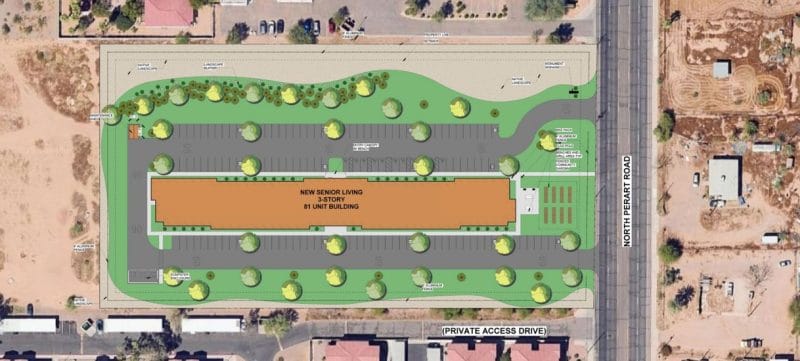Courtesy Architect of the Capitol
By Alexia Stanbridge | Cronkite News
More than 40 candidates are running for Arizona’s nine seats in the U.S. House, as redistricting, retirement and a president with sinking approval ratings have made the races more attractive than usual to challengers, particularly GOP hopefuls, analysts say. (Photo courtesy Architect of the Capitol)
Arizona congressional challengers have been emboldened this year by an open seat, an unpopular president and a newly drawn district map – and they have the money to show for it.
Congressional challengers had raised $13.7 million as of March 31 to the incumbents’ $9.4 million, according to their most recent campaign finance reports with the Federal Election Commission.
RELATED: Players the same, but district numbers shuffled in House redistricting
Part of it is purely a numbers game: There are 27 challengers to the eight incumbents seeking reelection and another eight candidates seeking the 6th District seat being left open by the retirement of Rep. Ann Kirkpatrick, D-Tucson. But even though they are far outnumbered by challengers, one expert said it is still “not normal” for incumbents to be trailing in fundraising at this point in an election cycle.
“This could potentially be a very anti-incumbent year in Arizona,” said J. Miles Coleman, an associate editor of Sabato’s Crystal Ball at the UVA Center for Politics.
Most of the money is flowing into Kirkpatrick’s district, where five Republicans and three Democrats have filed for the chance to replace her in Congress. Challenges to Rep. Tom O’Halleran, D-Sedona, and Rep. David Schweikert, R-Fountain Hills, have seen heavy fundraising, and Rep. Greg Stanton, D-Phoenix, has six Republicans vying for the chance to face him in November.
Stanton and O’Halleran were both victims of the decennial redrawing of congressional district boundaries, which added more Republican voters to both of their districts. That got a baker’s dozen of challengers to jump into a midterm election in which President Joe Biden’s falling approval ratings are expected to make it even harder for Democrats, who would have faced a tough time in the midterms to begin with.
Stanton “kind of got the short end of the stick in redistricting,” said Coleman, whose rating for the newly drawn District 4 went from “like Biden plus 25, down to Biden plus 10.” But most experts still believe the district is likely Democratic, and Stanton has the money to defend his seat, reporting just over $2 million raised to the $1.9 million for his six GOP challengers combined.
O’Halleran faced bigger changes, with Yavapai County added to the district that includes much of eastern Arizona.








